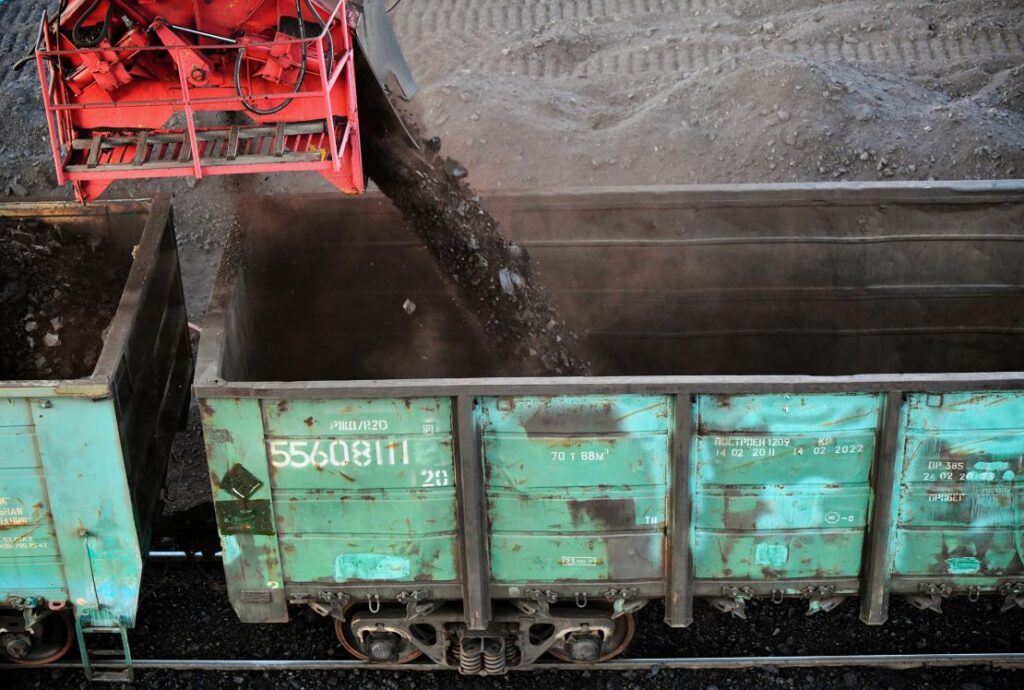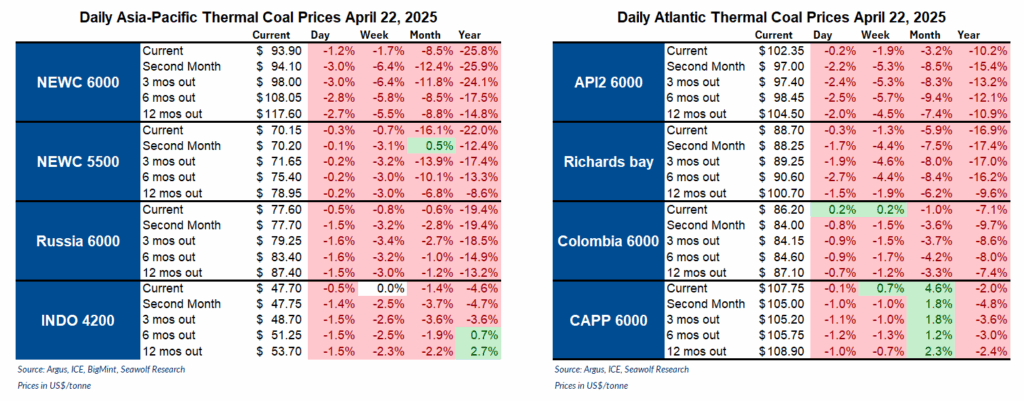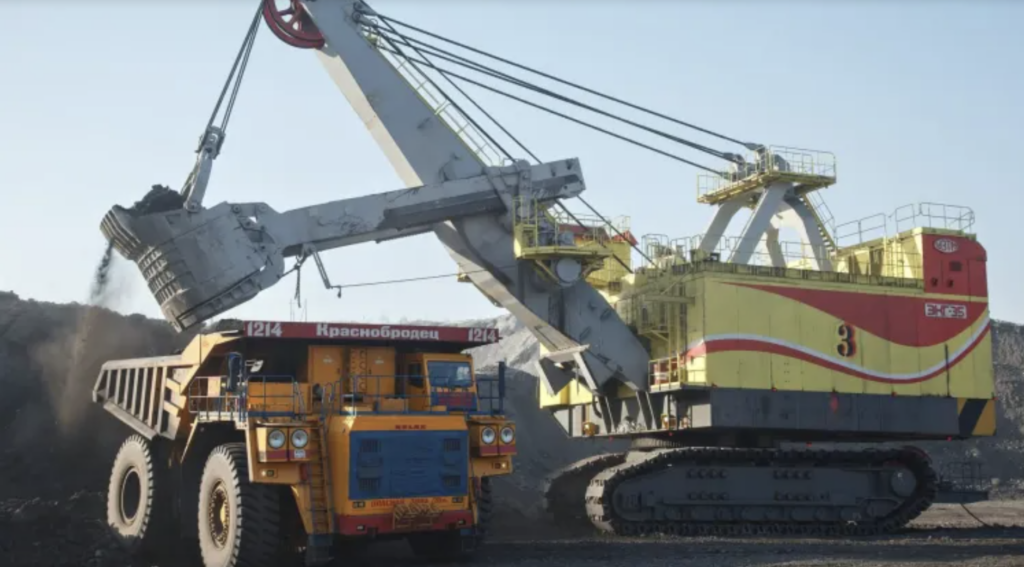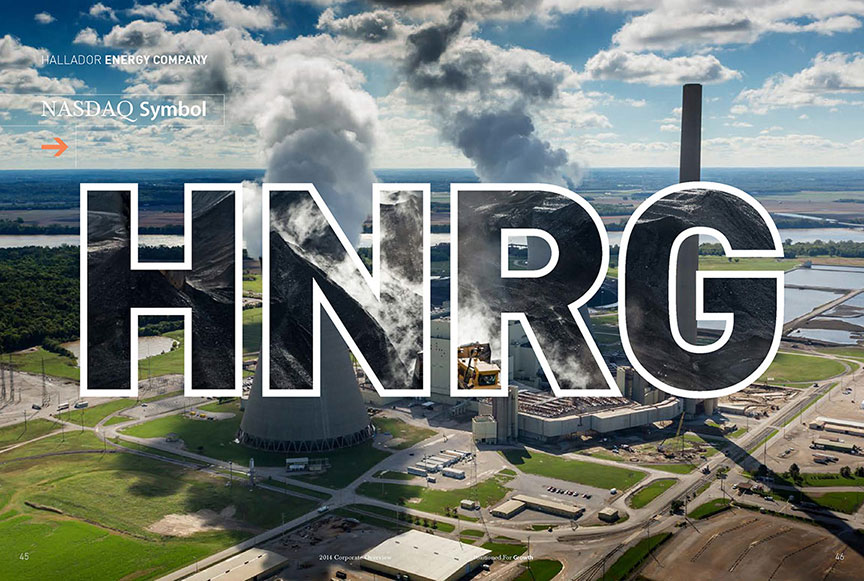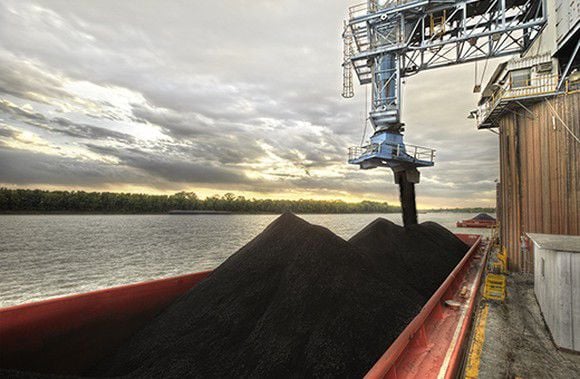Russia has reintroduced export duties on thermal coal and anthracite, a move that will further strain the country’s already struggling coal exporters. The duties, linked to the exchange rate of the Russian ruble, were first implemented in September 2023 but were lifted at the end of the year. They are now back in effect from March 1, 2024, until February 28, 2025, for non-Eurasian Economic Union (EEU) trade.
Key Points:
- Duty-free threshold: No duty applies if the ruble is below RUB 80.00 per dollar (stronger ruble).
- Duty structure:
- 4% duty – RUB 80.00 – RUB 85.00 per dollar.
- 4.5% duty – RUB 85.00 – RUB 90.00 per dollar.
- 5.5% duty – RUB 90.00 – RUB 95.00 per dollar.
- Maximum 7% duty – above RUB 95.00 per dollar (weaker ruble).
- Current impact: As of March 1, 2024, with the ruble at RUB 90.84 per dollar, a 5.5% duty applies to March shipments.
- Rationale for reintroduction:
- Originally aimed to protect the domestic market from price rises.
- Impact on exporters:
- Adds pressure to exporters already facing low prices and high logistics costs.
- Estimated coal production costs are around $60-68/t FOB (free on board) without the duty.
- With the duty, costs could reach $63-72/t FOB, further squeezing profit margins.
- Many Russian coal producers reportedly experienced a 50% drop in net income in 2023.
Context:
- The reintroduction of export duties comes at a challenging time for Russian coal exporters.
- Seaborne coal prices remain low, and high logistics costs add further pressure.
- Many Russian coal producers reportedly faced a significant drop in net income in 2023.
The reimposed duties are expected to further complicate the situation for Russian coal exporters, potentially impacting their competitiveness and profitability in the international market. While the official explanation focuses on protecting the domestic market, the move also generates additional revenue for the Russian government. The long-term impact of this policy on the coal industry and the broader economy remains to be seen.
Source: TheCoalTrader, AI generated

